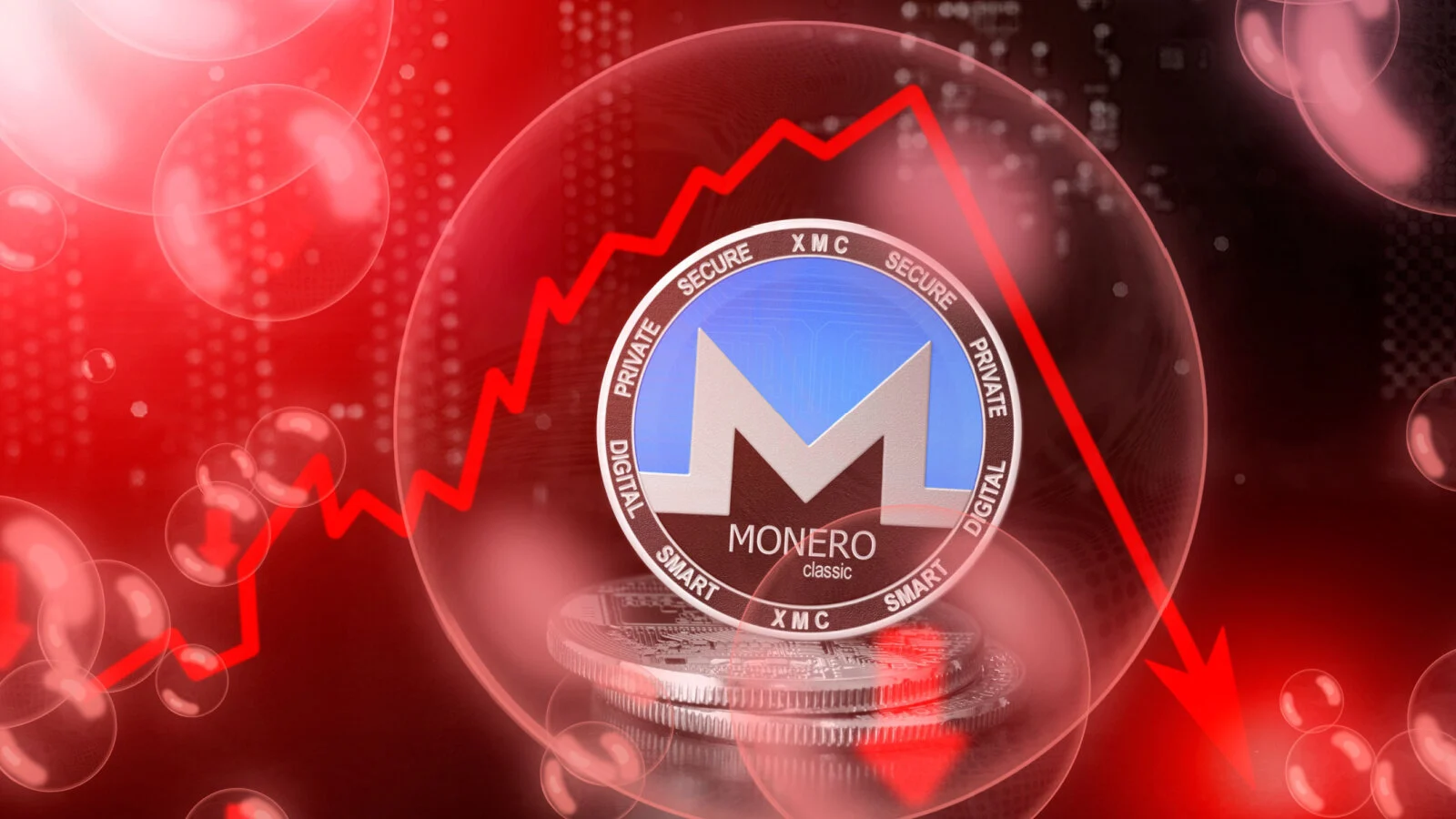|
Getting your Trinity Audio player ready...
|
The first week of June witnessed a historic surge in Bitcoin (BTC) acquisition by U.S. spot Bitcoin exchange-traded funds (ETFs). According to data from HODL15Capital, these ETFs collectively purchased a staggering 25,729 BTC in the trading week between June 3rd and 7th. This incredible amount represents roughly two months’ worth of new Bitcoin mined during that same period (approximately 3,150 BTC).
This buying frenzy dwarfs previous records. The weekly total nearly matches the entire amount of Bitcoin acquired by these ETFs throughout May (29,592 BTC) and marks the strongest buying week since mid-March, when Bitcoin reached its current all-time high of $73,679.
The 11 U.S. Bitcoin ETFs, launched in January 2024, have collectively amassed a net inflow of $15.69 billion. This figure is particularly impressive considering the net outflows of $17.93 billion experienced by Grayscale’s long-standing Bitcoin trust. As of today, these ETFs boast a combined Asset Under Management (AUM) of roughly $61 billion.
Also Read: Bitcoin (BTC) Back Above $68k: 19-Day ETF Inflow Streak Hints at Bullish Run (94.9% Profitability)
This surge in ETF buying underscores the growing appetite for Bitcoin as a mainstream investment. Proponents have long championed Bitcoin as “digital gold” due to its capped supply – only 21 million BTC will ever be created. ETF Store president Nate Geraci recently pointed out that Bitcoin ETF AUM currently sits at around 60% of the value held in U.S. gold ETFs, despite gold ETFs having a 20-year head start.
The influx of capital into Bitcoin ETFs coincided with a price surge for the cryptocurrency. Bitcoin touched a high of $71,093 on June 5th, its first foray above $71,000 since May 21st. However, experts caution that Bitcoin’s price remains susceptible to broader economic and geopolitical factors, potentially hindering a sustained rise above its current peak.
Disclaimer: The information in this article is for general purposes only and does not constitute financial advice. The author’s views are personal and may not reflect the views of Chain Affairs. Before making any investment decisions, you should always conduct your own research. Chain Affairs is not responsible for any financial losses.
With a keen eye on the latest trends and developments in the crypto space, I’m dedicated to providing readers with unbiased and insightful coverage of the market. My goal is to help people understand the nuances of cryptocurrencies and make sound investment decisions. I believe that crypto has the potential to revolutionize the way we think about money and finance, and I’m excited to be a part of this unfolding story.




